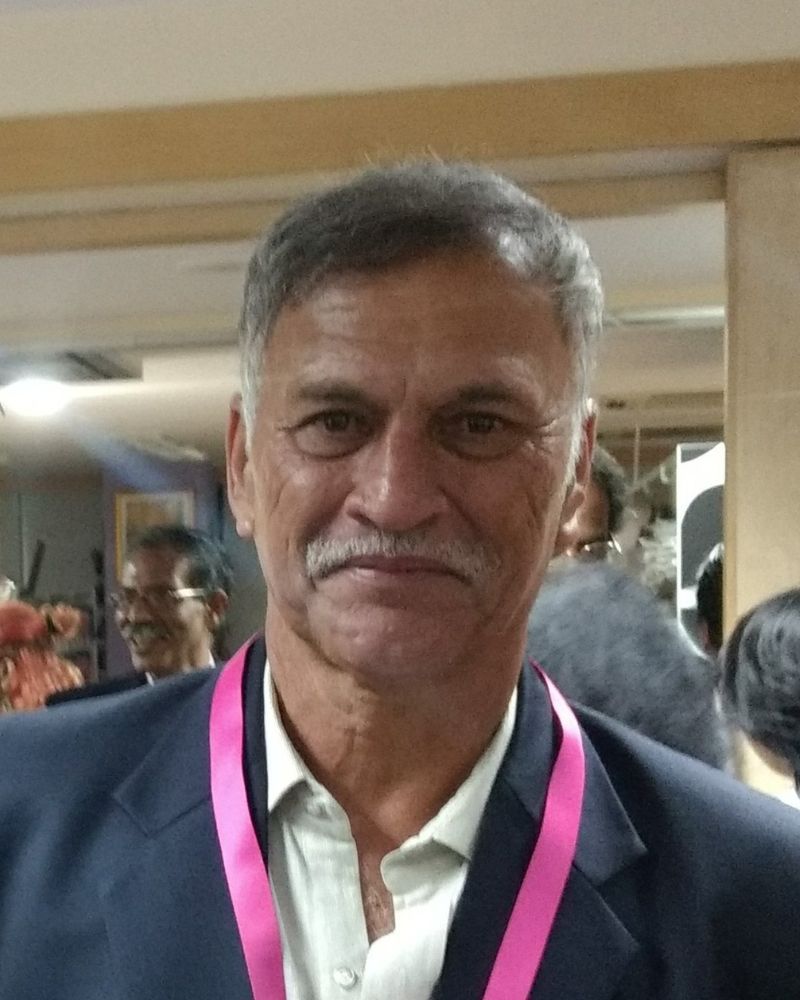Roger Binny: A Cricketing Icon and a Legacy of Excellence

Roger Binny, born on July 19, 1955, is one of India's most celebrated cricketers, known for his pivotal role in the 1983 World Cup-winning team. His contribution to Indian cricket extends beyond his performance on the field—his legacy as a skilled bowler, all-rounder, and a respected figure in the sport has left an indelible mark on the game's history. From his consistent performances with the ball to his later roles as a coach and administrator, Binny’s journey through cricket has been nothing short of remarkable.
Cricket Career:
Roger Binny’s cricket career began in the 1970s, when his exceptional talent as a medium-fast bowler quickly gained recognition. His ability to move the ball both ways and his consistency made him a key figure in the Indian team. Binny’s greatest achievement came in 1983, when he played a significant role in India's triumph at the Cricket World Cup. As part of a talented squad, Binny was one of the standout performers with the ball, taking crucial wickets and contributing to India’s legendary win against the West Indies in the final.
Binny finished the 1983 World Cup as India’s highest wicket-taker, with 18 wickets, which played a critical role in India’s unexpected victory. His performance included a memorable 4-wicket haul in the opening match against the West Indies, setting the tone for the tournament. He was known for his accuracy and ability to maintain pressure on the opposition, often breaking key partnerships. Though not a flamboyant cricketer, Binny's unassuming yet effective style earned him widespread respect.
Post-Cricket Career:
After retiring from international cricket in the mid-1980s, Roger Binny transitioned into coaching and administration. He became involved in nurturing young cricketers and worked with various teams, sharing his knowledge and experience of the game. Binny's calm and tactical approach made him an excellent coach, and he contributed significantly to the development of cricket in India, particularly focusing on the grassroots level.
Binny also held important administrative roles within the cricketing community. He served as the President of the Karnataka State Cricket Association (KSCA) and has been involved in improving cricket infrastructure in the state. His leadership at the KSCA helped Karnataka become one of India’s most successful domestic teams, with multiple Ranji Trophy titles under their belt during his tenure.
Achievements and Legacy:
Roger Binny's legacy as one of the finest all-rounders in Indian cricket history is secure. His contributions to India's 1983 World Cup victory have earned him a permanent place in the hearts of Indian cricket fans. Beyond his on-field achievements, Binny's work as a coach, mentor, and administrator has helped shape the future of Indian cricket. His strategic thinking and emphasis on discipline and technique have influenced numerous cricketers who have followed in his footsteps.
Binny is also remembered for his outstanding performances in domestic cricket. He was an integral part of the Karnataka team, winning several domestic tournaments, and his leadership in the Indian Premier League (IPL) further cemented his reputation as a great cricketing mind. His role in India's cricketing development, especially in coaching and mentoring young players, has played a significant part in India’s rise as a cricketing superpower.
Roger Binny’s contributions to Indian cricket span across decades, from his crucial role in the 1983 World Cup to his work off the field as a coach and administrator. His legacy, shaped by discipline, dedication, and an unwavering commitment to the game, continues to inspire both aspiring cricketers and cricket fans alike. Binny's journey from a key player to a revered figure in Indian cricket is a testament to his enduring influence on the sport and his love for the game. His name will always be synonymous with India's first-ever World Cup win, forever etching his place in cricket history.